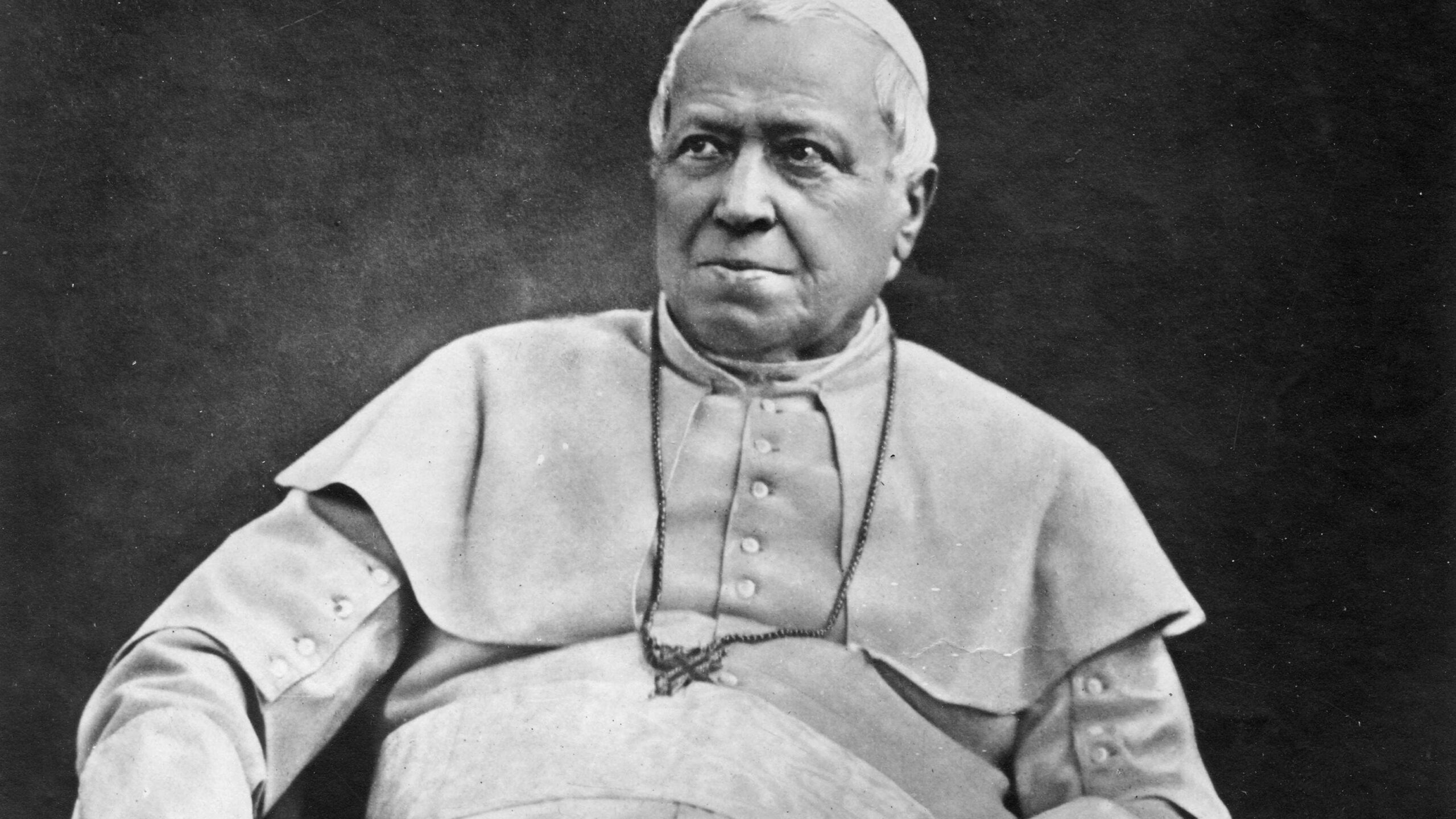
rotestants—some of them: those who spend a large portion of their lives pondering the errors of Rome—seem to think infallibility means a pope can tell us all things. Or at least those things I really would like to know. A pope can use his infallibility to tell us anything he wants to reveal. Can’t he? If he wanted, he could tell me how many jelly beans are in the jar, or how many steps there are between the Tiber River and Peter Kwasniewski’s license plate. So why doesn’t he give an infallible interpretation of every verse of Scripture?
Somewhere–I can’t remember where now; probably in one of his podcasts—the Calvinist apologist Dr.* James White bemoaned the fact that popes have had 2000 years to give an infallible interpretation of every last verse of the Bible. What’s taking them so long? Either popes aren’t really infallible, or they’re criminally lazy.
BAD APOLOGISTS SAY.
I’m being a little unfair to Dr.* White. (Only a little.) In fairness, his objection is often made in reply to Catholic apologists who will sometimes say that biblical interpretation is chaos without an “infallible interpreter.” What good is an infallible text without an infallible interpreter? I’ve heard Steve Ray pose that question a lot. Maybe others have; he’s who I remember. The Calvinist will then say: But Rome has only infallibly interpreted a handful of verses. You’re not much better off than we are!
Frankly, it’s a dumb question (“what good is an infallible text,” etc.) and Catholics should stop posing it—to whatever extent they still are. It’s dumb because it tacitly assumes sola scriptura to be true. If the Magisterium published a commentary on the Bible, with the infallible interpretation of every verse, does Steve Ray mean we wouldn’t need a pope after that? Could Francis retire to the south and enjoy the beaches of Naples while the cardinal electors decided they need not bother locking themselves up in the Sistine Chapel any more? Why would Catholics need a Magisterium if they had an infallible commentary?
And here Calvinists will point out that someone will also have to interpret the commentary. And then the interpretation of the commentary will need an interpretation, and so on in infinite regression. And when they point this out, they have a point.
The purpose of the Magisterium, the purpose of infallibility, is not to interpret texts for us. It is not the purpose; it is not a purpose; and Catholics ought to stop implying that it might be, because the Protestant has an undeniable comeback. There are all sorts of conflicting interpretations of Scripture, all sorts of conflicting interpretations of Magisterial documents, and papal infallibility has not prevented Catholics from dividing off into a whole host of factions.
God gave the pope the charism of infallibility for only two reasons:
- to safeguard the deposit of faith and keep the Church free from error
- to apply perennial teaching to new questions that the biblical authors could not have anticipated, such as stem cell research
That’s it. He did not give the pope infallibility so that he could interpret Romans 4:8 for us, or answer interminable dubia about Fiducia Supplicans, and then more dubia about the answers to the dubia. Sometimes, it is true, the exercise of infallibility will necessitate exegesis of some verse of Scripture. Matt. 16:18 is one example of this; Rev. 12:1 is another.
But there is no guarantee that Catholics will all understand a pope’s teaching correctly. And nowhere I’m aware of does it say the pope has an obligation to interpret his encyclicals for the whole Church, and then interpret his interpretation, and so on ad infinitum.
GOOD APOLOGISTS KNOW.
Now, what infallibility does do, with respect to biblical exegesis, is to make certain readings impossible. That is to say, it exerts a negative rather than a positive influence on exegesis. The Church has infallibly taught that Mary was “ever-virgin”; she and Joseph never had sexual relations. What that means is that a Catholic can not interpret Mark 6:3 to mean that James, Joseph, Judas, and Simon were Jesus’s siblings. I wrote about this before. Catholics, I said, are not forced into a choice between
total anarchy of interpretation and rigid conformity to a single infallible hermeneutic. The Church allows Catholic readers of Scripture latitude and freedom to meet the text with their own intelligence and inquiry, while setting limits to avoid anarchy. We are not, in fact, left to our own private interpretation. Though he set us in a large room, God also “set bars and doors” (Job 38:10).
The same thing is true with Magisterial teaching. The pope does not give Catholics an infallible hermeneutical key to interpret Amoris Laetitia or Dignitas Infinita. But what we can’t do is interpret them to be in conflict with the deposit of faith, with prior definitive teaching. The one hermeneutic we must apply is a hermeneutic of continuity. Apart from that, the Church—wisely or unwisely as the case may be—asks Catholics to use the sense God gave them to figure out the right interpretation for themselves.
Nowhere in Church teaching do I read that infallibility means omniscience. The pope has no authority, no capacity at all, to tell us all things or answer whatever question pops into our head. We can’t just send him an e‑mail when we’re confused about some passage in Job. Christ didn’t give him the keys so that he could answer interminable dubia. He is not the Answer Man.
Discover more from To Give a Defense
Subscribe to get the latest posts sent to your email.